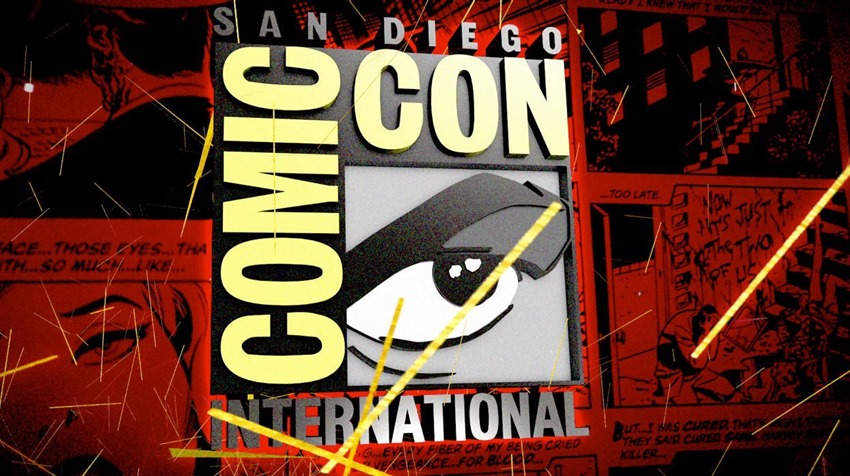
All the good things in life have a con in the title. Con Air, that con I pulled on Al this morning that had the FBI on his case and comic-cons are examples of this. In the case of the latter, merely suggesting that you’re holding a comic-con is usually a sign of a quality expo. The big cheese of these events is easily the San Diego Comic Con, an annual explosion of geek culture across a wide variety of mediums, panels and cosplay.
The San Diego Comic Con is easily the most iconic example of the mainstream acceptance of nerd love in recent years. It might also be in need of a name change.
That’s the battle that’s gearing up, as the organisers behind the SDCC decided to take another Comic-Con to court for using an unhyphenated-worded version of their trademark term, without coughing up the licensing fees. Here’s the rub though: Is “Comic-Con” too generic a term? That’s the defense that the organisers of the Salt Lake Comic Con, Dan Farr Productions, decided to use to counter-sue the SDCC team with as they sought to have that trademark protection overturned.
“After a careful review of the parties’ moving papers, the applicable law, and the evidence on the record, the Court finds that Defendants have satisfied their burden of demonstrating a genuine issue of material fact as to genericide,” US District Judge Anthony Battaglia of San Diego wrote in a recent order of the case, via Ars Technica.
The term of genericide refers to when a trademark becomes so ingrained in the mainstream consciousness, that it becomes the default word for a product or a service and kicks any other synonyms right in the keister. Words like “aspirin” or “escalator” is proof of this legal precedent. Judge Battaglia however, reckons that the SDCC organisers may still have a leg to stand on, as the Salt Lake Comic-Con is clearly piggy-backing off the success of that far larger convention, tricking attendees into believing that the same source is behind both of them.
Think of it this way: Imagine you wanted to write your very own Thor comic. Marvel could do nothing to stop you, as that mythic Norse god doesn’t belong to any one company. What Marvel could do to protect their intellectual property, is unleash the ninth circle of legal hell on you the second your version of Thor started calling himself Donald Blake and hanging around with men of iron and the rest of the Revengers.
The trial for the right to the Comic-Con brand kicks off with a pre-trial this week, and then heads to court in late November. If the SDCC organisers fail in their bid to protect their intellectual property, expect a whole new rash of cons to spring up in the US. Not that such a thing has ever happened here.
Last Updated: September 22, 2017




















